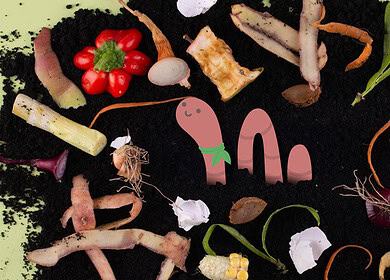Electric composters: a true solution or a misleading trend?

Electric composters, a new breed of kitchen appliances, are gaining attention for their claim to tackle food waste by transforming it into compost-like material, according to a Guardian article that deep dives into their functions and potential future in our kitchens. These devices, exemplified by brands such as Lomi, Mill, and FoodCycler, are marketed as simple, efficient solutions to convert kitchen scraps into plant food or soil amendments. Despite their popularity and environmental appeal, experts raise concerns over the authenticity and effectiveness of these appliances.
The appeal of electric composters lies in their convenience and the growing need to address food waste, a significant environmental issue. In the United States, a mere 5% of the annual 66.2 million tons of food waste is composted, leading to increased landfill contributions and methane emissions. Electric composters offer a seemingly easy solution, especially for those without access to outdoor composting facilities or municipal waste programs.
However, composting experts challenge the claims made by these appliances. Composting is a biological process involving microbial activity, which these electric devices do not replicate. They primarily dehydrate and grind food scraps, resulting in a product that lacks the biological stability of true compost. This discrepancy has led to adjustments in marketing language, but the term ‘compost’ is still frequently used, potentially misleading consumers.
The effectiveness of the material produced by these composters is also in question. Tests conducted by environmental consultant Ron Alexander showed that the output from these devices could be detrimental to plant growth and does not eliminate the odor of food scraps, attracting pests. In contrast, some companies claim their products enhance soil quality and crop yield.
Despite these concerns, electric composters might still play a role in waste management. Their ability to reduce food waste volume could lessen the burden on garbage collection and associated emissions. In urban settings with limited composting space, these devices offer an alternative for separating food waste. However, to make a substantial impact on food waste reduction, broader municipal waste infrastructure development is necessary, beyond the reach of these for-profit appliances.
In conclusion, while electric composters offer an innovative approach to managing kitchen scraps, their current capabilities and marketing claims warrant scrutiny. The future of these devices lies in honest communication about their true function and integration into a larger waste management strategy, ensuring they complement rather than undermine established composting practices.
Source: Guardian
Enjoyed this story?
Every Monday, our subscribers get their hands on a digest of the most trending agriculture news. You can join them too!














Discussion0 comments